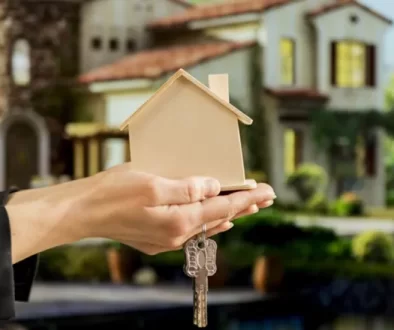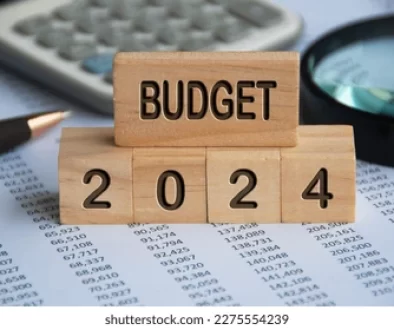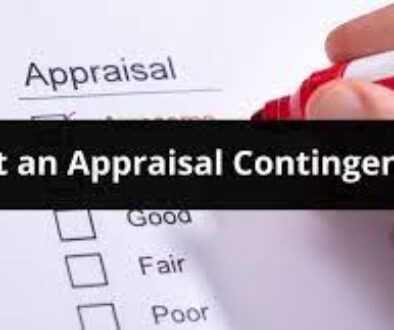Top Government Loans Available for California Residents in 2025
Top Government Loans Available for California Residents in 2025
California is one of the most vibrant states in the U.S., offering a wide array of opportunities for its residents. Whether you’re looking to buy your first home, start a business, or finance an agricultural project, government loans can provide the support you need. Here’s a comprehensive look at the top government loans available for California residents in 2025.
1. FHA Loans: Affordable Homeownership
The Federal Housing Administration (FHA) loan is a popular choice for first-time homebuyers and individuals with lower credit scores. These loans are backed by the federal government, making them easier to qualify for.
Key Features:
Low down payment (as little as 3.5%).
Flexible credit requirements.
Available for single-family homes, multi-family units, and certain condos.
Eligibility:
Minimum credit score of 580 for a 3.5% down payment.
Steady income and employment history.
Property must meet FHA guidelines.
2. VA Loans: Support for Veterans
If you’re a veteran, active-duty service member, or eligible surviving spouse, a VA loan offers an incredible opportunity to purchase or refinance a home without needing a down payment.
Key Features:
No down payment required.
Competitive interest rates.
No private mortgage insurance (PMI).
Eligibility:
Certificate of Eligibility (COE).
Satisfactory credit and sufficient income.
Property must meet VA appraisal standards.
3. USDA Loans: Rural Development
The U.S. Department of Agriculture (USDA) offers loans aimed at helping individuals and families purchase homes in rural areas.
Key Features:
No down payment required.
Low interest rates.
Geared towards rural and suburban properties.
Eligibility:
Income limits apply based on location and household size.
Property must be in a USDA-eligible rural area.
Satisfactory credit history.
4. SBA Loans: Empowering Small Businesses
The Small Business Administration (SBA) provides a range of loans to support entrepreneurs and small businesses.
Key Programs:
7(a) Loan Program: Ideal for working capital, equipment purchase, and business expansion.
504 Loan Program: Focused on real estate and large equipment purchases.
Microloans: Small-scale loans up to $50,000 for startups and smaller businesses.
Eligibility:
For-profit small businesses operating in the U.S.
Reasonable owner equity investment.
Demonstrated ability to repay the loan.
5. CalHFA Loans: California Housing Assistance
The California Housing Finance Agency (CalHFA) offers specialized loan programs to assist low- and moderate-income families in purchasing homes.
Key Programs:
MyHome Assistance Program: Offers down payment and closing cost assistance.
School Teacher and Employee Assistance Program (School Program): Designed for teachers and staff working in K-12 public schools.
Eligibility:
First-time homebuyer status.
Meet income and sales price limits for your area.
Complete homebuyer education counseling.
6. Farm Service Agency (FSA) Loans: Agricultural Support
The USDA’s Farm Service Agency offers loans to help farmers and ranchers purchase land, equipment, and livestock or cover operating expenses.
Key Features:
Direct and guaranteed loan options.
Targeted assistance for beginning and minority farmers.
Low interest rates and flexible terms.
Eligibility:
Engaged in agricultural production.
Meet credit and income requirements.
Demonstrate repayment ability.
7. Energy-Efficient Mortgage (EEM) Programs
For those looking to make energy-efficient upgrades to their homes, EEMs allow borrowers to finance these improvements as part of their mortgage.
Key Features:
Available through FHA and VA loan programs.
Funds for solar panels, insulation, and other green upgrades.
Eligibility:
Meet the requirements of the base loan program (FHA or VA).
Energy-efficient improvements must be cost-effective.
Final Thoughts
Government loans provide California residents with diverse opportunities to achieve their goals, whether it’s homeownership, business growth, or sustainable farming. Understanding the requirements and benefits of each program can help you choose the right loan for your needs.
At The Lending Mamba, we specialize in helping clients navigate the complexities of government-backed loans. Contact us at 657-777-0024 or visit thelendingmamba.com to explore your options and secure the financial support you deserve.




